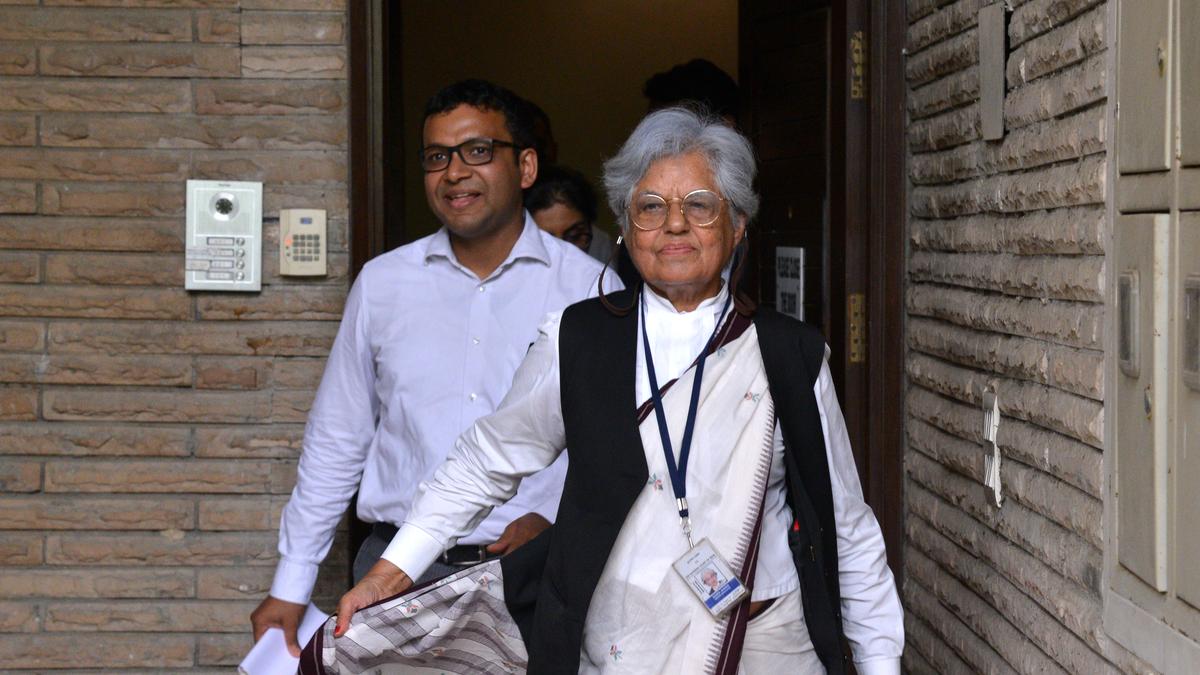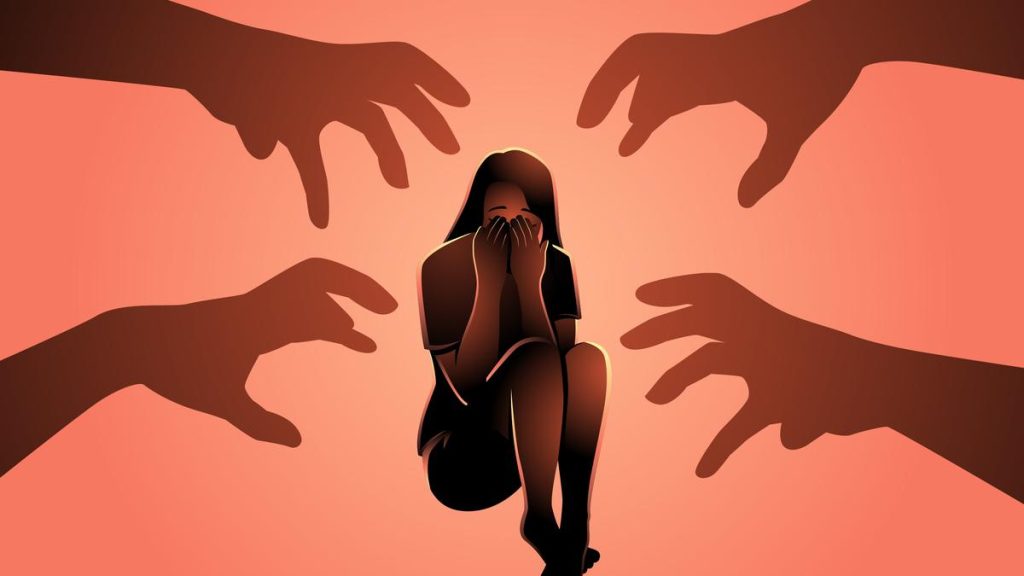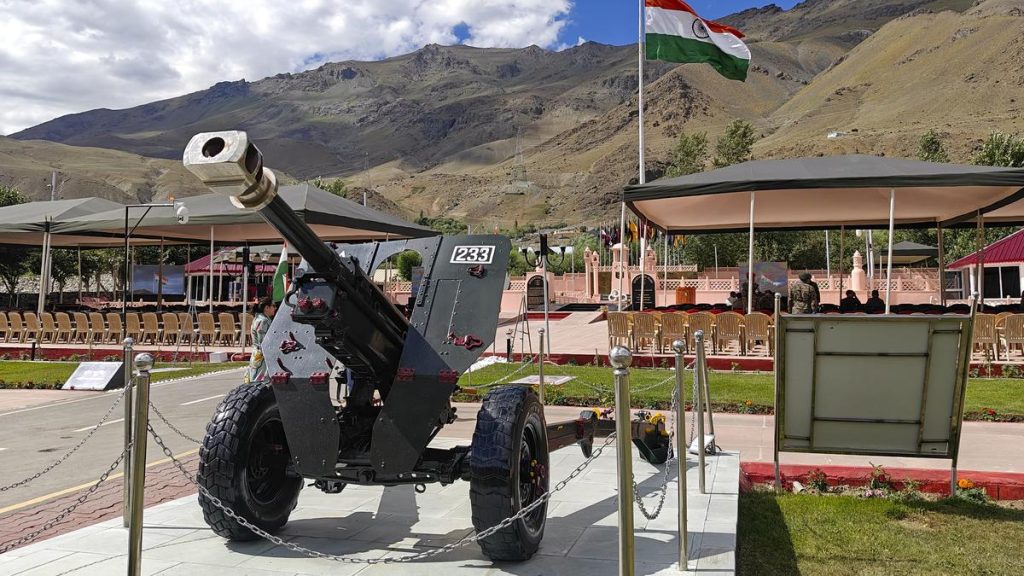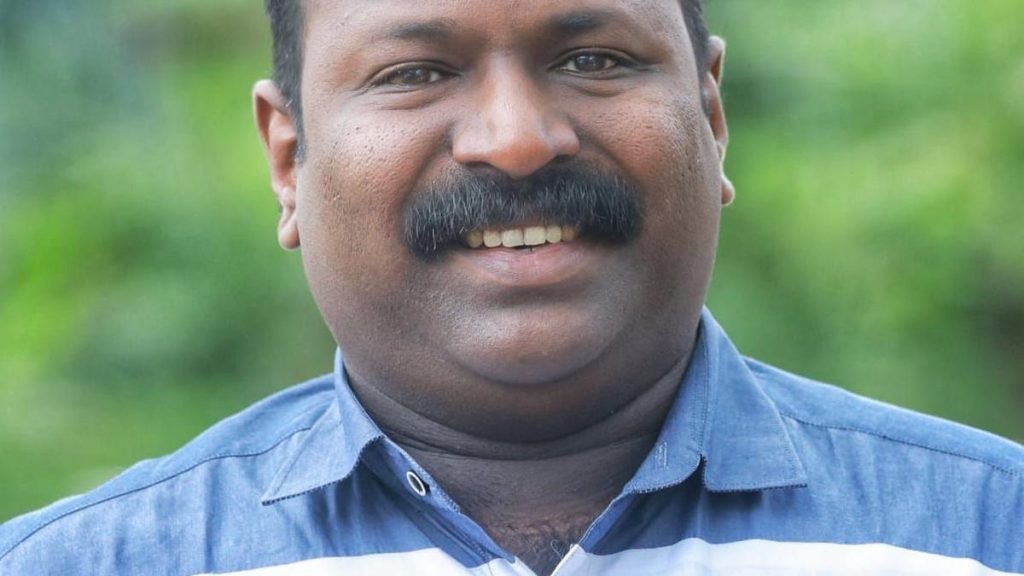Now Reading: Supreme Court Urged to Lower Age of Consent to 16
-
01
Supreme Court Urged to Lower Age of Consent to 16
Supreme Court Urged to Lower Age of Consent to 16

Swift Summary
- The Supreme Court has been urged by senior advocate Indira Jaising to lower the statutory age of consent from 18 to 16 years.
- Ms. Jaising filed submissions in the “Nipun Saxena v. Union of India” case, challenging laws under POCSO and IPC that criminalize sexual activity between adolescents aged 16-18.
- She argued these laws violate constitutional rights and wrongly equate consensual relationships with abuse, ignoring adolescent autonomy and maturity.
- Historically, the age of consent was 16 for over seven decades until raised to 18 by a law amendment in 2013 without public debate-against Justice Verma Committee recommendations.
- Scientific data suggests puberty onset is earlier; studies also indicate teenage sexual activity is not uncommon.
- A reported 180% rise in cases against minors aged between 16-18 under POCSO (2017-2021),mostly filed by parents often concerning inter-caste or inter-faith relationships.
- Ms. Jaising proposed a “close-in-age” exception to protect consensual acts between adolescents aged 16-18 from prosecution under POCSO and IPC.
- She emphasized privacy rights for informed decision-making, citing international norms like Gillick’s ruling (UK) and India’s Puttaswamy judgment on autonomy rights.
Indian Opinion Analysis
The call for reforming India’s statutory age-of-consent laws raises meaningful questions about balancing adolescent rights with safeguarding against exploitation.Indira jaising’s arguments reflect both evolving societal perceptions surrounding youth maturity and concerns about misuse of legal provisions originally meant for protection.
India faces the challenge of harmonizing its child protection laws with nuanced realities, such as non-coercive teenage relationships versus exploitative situations requiring intervention. Notably backed by empirical data-like increased prosecutions for consensual interactions-the propositions seem rooted in addressing systemic flaws rather than reducing safeguards altogether.
If adopted by the judiciary or legislature, introducing mechanisms like “close-in-age exceptions” could prevent unwarranted criminalization while keeping intact accountability frameworks against actual abuses under POCSO or IPC statutes.the submission underscores broader implications for constitutional interpretations tied to dignity, autonomy, as well as justice delivery across diverse social contexts where caste or religion exacerbates tensions over young love-a poignant reminder that law must adapt without compromising core objectives of child safety.
Read More: Click here
























